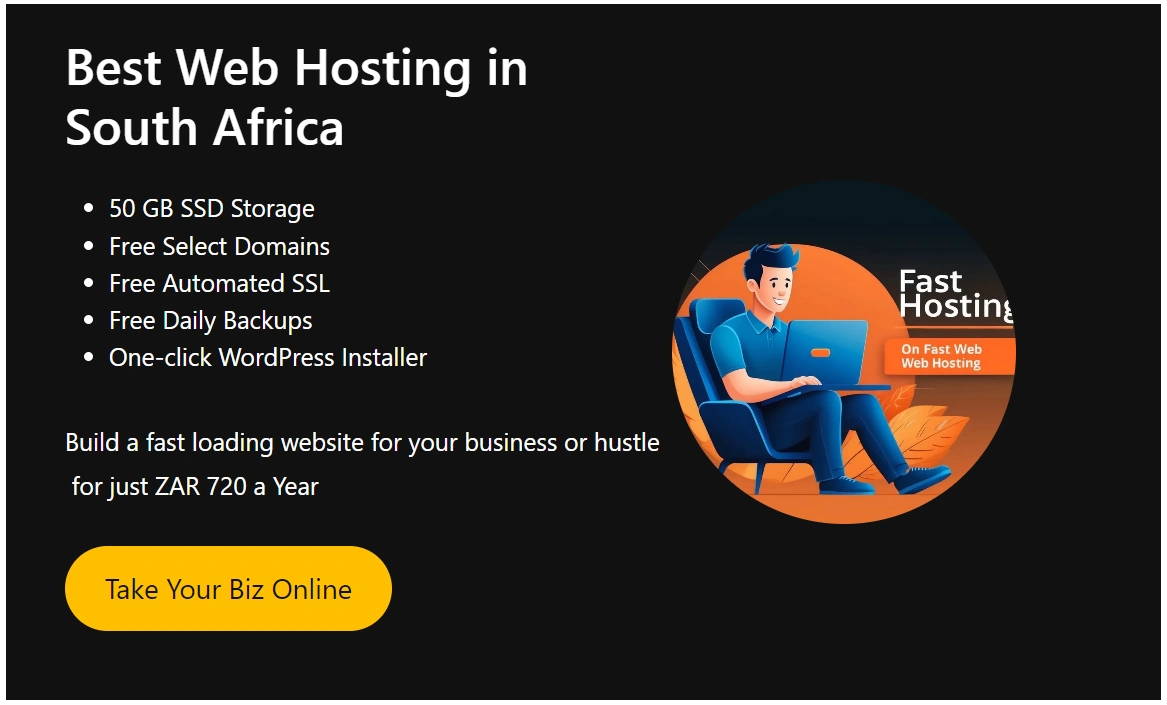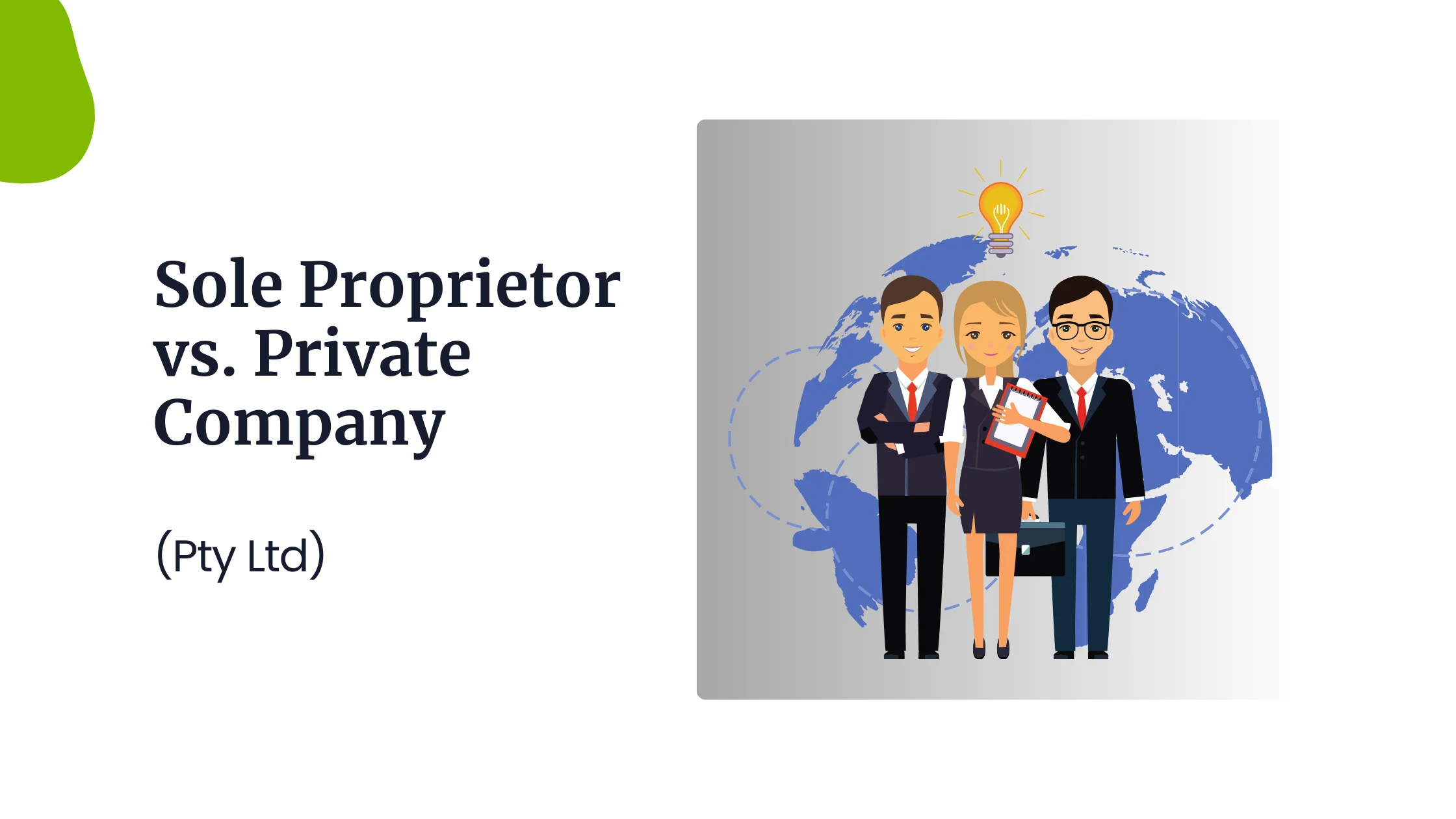South Africa is a land of opportunities, with a diverse economy and a growing market.
Despite the challenges faced by small and medium-sized enterprises (SMEs), the country remains an attractive destination for investors and entrepreneurs.
In this blog post, we will explore some of the trending small businesses in South Africa, focusing on industries that present lucrative business opportunities.

Table of Contents
Finance and Banking
The finance and banking sector is a growing industry in South Africa, with a high demand for financial advisory services, investment management, and insurance services.
Entrepreneurs can tap into this market by offering innovative financial products and services that cater to the needs of the local population.
Stats
The South African banking industry is the largest on the African continent, with the combined tier 1 capital of the sector reaching over 34.4 billion U.S. dollars in 2021.
The industry has seen significant growth in earnings during the first half of 2022, supported by rising interest rates, increased economic activity, and stable expected credit loss charges.
The major banks in South Africa include Absa, FirstRand, Nedbank, and Standard Bank, which have shown resilience despite increased risk outlook.
The South African Reserve Bank (SARB) compiles high-quality economic and financial statistics based on international best practice, which inform the SARB’s monetary policy decisions and are regularly updated.
For more detailed statistics and analysis, you can refer to the reports and publications by Statista, EY, SARB, and PwC.
Information Technology (IT) and Renewable Energy
The IT sector is a rapidly growing industry in South Africa, with a high demand for software development, web design, and digital marketing services.
Additionally, the renewable energy sector is gaining momentum, with a growing interest in solar, wind, and hydroelectric power generation.
Entrepreneurs can capitalize on this trend by offering sustainable energy solutions and green technologies.
Stats
According to Mordor Intelligence™ Industry Reports, the South African renewable energy market is estimated to reach 16.58 gigawatts in 2024 and is expected to grow at a CAGR of 11.05% to reach 28 gigawatts by 2029.

The largest source of renewable energy in South Africa is projected to be solar PV plants by 2050.
The major players in the South African renewable energy market include Mainstream Renewable Power Ltd, Segen Solar (Pty) Ltd, EDF Renewables, Juwi Renewable Energies (Pty) Ltd, and Acciona Energia SA.
In terms of information technology, according to the International Data Corporation (IDC), the overall information technology spending in the Middle East and Africa (MEA) region is expected to reach $83.7 billion in 2021, with South Africa being one of the largest markets in the region.
Transport and Logistics
The transport and logistics industry is a crucial sector in South Africa, with a high demand for courier services, freight forwarding, and warehousing services.
Entrepreneurs can tap into this market by offering efficient and reliable logistics solutions that cater to the needs of businesses and consumers.
Stats
The transport and logistics industry in South Africa has shown resilience and growth despite challenges such as the COVID-19 pandemic and unstable political conditions. Here are some key statistics and trends:
- The South Africa logistics market has been growing, with the market size showing an increasing trend from 2017 to 2022. The industry is driven by foreign infrastructural investments and government support, but has been affected by COVID-19 and unstable political conditions.
- The South Africa Freight and Logistics Market is estimated to be USD 22.92 billion in 2024, and is expected to reach USD 30.56 billion by 2029, showing a positive growth trend.
- In South Africa, road transport dominates freight transportation, representing about 63% of all freight ton-kilometers. The government is focusing on the National Development Plan, which aims to achieve a 30% investment-to-GDP ratio.
- Key indicators within the South African logistics and transport market include air passengers, air freight, carrier departures, port traffic, railway lines, and vehicle purchases.
These statistics and trends indicate the ongoing growth and development of the transport and logistics industry in South Africa, with a strong focus on infrastructure and government support.
Agriculture and Agro-Processing
The agriculture sector is a significant contributor to South Africa’s economy, with a high demand for fresh produce, processed food products, and agricultural machinery.
You can capitalize on this trend by offering innovative agricultural solutions and value-added products that cater to the needs of the local population.
Stats
According to the South African Embassy to the Kingdom of the Netherlands, the agro-processing sector (food, beverages, and tobacco) contributes 16.4% (R131.3bn) to total manufacturing sales in 2004, making it the third-largest manufacturing sector in South Africa.
The agro-food complex (inputs, primary production, processing) contributes approximately R124bn to South Africa’s GDP, i.e. 2.3%.
The country has an advanced food processing sector with more than 1,800 firms, which drives strong demand for food ingredients, an estimated 90 percent of which must be imported.
The manufacturing sector accounted for 11.7% of South Africa’s total employment, and the agro-processing industry had a share of 4%.
The grain industry (barley, maize, oats, sorghum, and wheat) is one of the largest agricultural industries in South Africa, contributing more than 30 percent to the total gross value of agricultural production.
Healthcare
The healthcare sector is a growing industry in South Africa, with a high demand for medical services, pharmaceuticals, and wellness products.
Entrepreneurs can tap into this market by offering innovative healthcare solutions and products that cater to the needs of the local population.
Fashion and Beauty
The fashion and beauty industry is a growing sector in South Africa, with a high demand for clothing, accessories, and personal care products.
Capitalize on this trend by offering innovative fashion and beauty products that cater to the needs of the local population.

Stats
According to various reports, the fashion and beauty industry in South Africa is growing and has displayed consistent growth over the past decade.
The cosmetic market in South Africa is vast and multifaceted, encompassing various segments such as skincare, makeup, haircare, fragrances, and toiletries.
Skincare constitutes the largest market share, followed by makeup and haircare.
The South African cosmetic market has displayed consistent growth, with an expected compound annual growth rate (CAGR) of 4.97% between 2023.
And the beauty and personal care market in South Africa is projected to grow by 3.77% (2024-2028) resulting in a market volume of US$5.02bn in 2028.
The South Africa cosmetics and personal care products market size is expected to grow from USD 3.35 billion in 2023 to USD 4.19 billion by 2028, at a CAGR of 4.62% during the forecast period (2023-2028).
This growth trajectory showcases the market’s resilience and attractiveness for both local and international companies to consider expanding their business.
Virtual Business Services
The COVID-19 pandemic has led to a surge in the demand for virtual business services, including remote work solutions, online marketing, and e-commerce platforms.
You can tap into this market by offering innovative virtual business solutions that cater to the needs of businesses and consumers.
E-commerce
The e-commerce sector is a rapidly growing industry in South Africa, with a high demand for online shopping platforms, payment gateways, and logistics solutions.
Then capitalize on this trend by offering innovative e-commerce solutions that cater to the needs of businesses and consumers.
Stats
According to various sources, the e-commerce industry in South Africa is growing rapidly.
The market size of the South African e-commerce industry was estimated to be $4 billion in 2021, with a market penetration of 47.7%.
The industry is expected to grow at a CAGR of 12.5% by 2027, with a predicted revenue of US$4,046.8 million by 2023, placing it ahead of Kazakhstan.
The major e-commerce companies operating in South Africa include Takealot Online (Pty) Ltd., Decathlon, Sofresh, and Care to Beauty.
The largest e-commerce market segments in South Africa are electronics, hobby and leisure, and fashion.
The number of e-commerce users in South Africa was estimated to be approximately 27 million in 2022, and this number is expected to grow in the coming years.
Courier and Delivery
The courier and delivery industry is a growing sector in South Africa, with a high demand for efficient and reliable delivery services.
Tap into this market by offering innovative courier and delivery solutions that cater to the needs of businesses and consumers.
Stats
According to the reports, the courier, express, and parcel (CEP) market size in South Africa is expected to grow from US$ 2203 million in 2020 to US$ 3508 million by 2027, at a CAGR of 7.0% during the forecast period.
The CEP industry in South Africa is navigating challenges posed by weak economic conditions and reduced demand for express delivery, but several factors are reshaping the landscape and presenting opportunities for growth.
The CEP industry has more than doubled its revenue over the last decade and is currently the fastest-growing sector in the country.
The major players in the South African courier and delivery industry include Aramex South Africa, Business Express of South Africa, PostNet, RAM, Takealot, Value Logistics, DHL, DSV, and Courier Guy.

Wrap!
In conclusion, South Africa offers a wealth of opportunities for entrepreneurs to start small businesses in various industries.
If you can identify the right business idea and conduct thorough market research, entrepreneurs can tap into these lucrative markets and make a meaningful impact on the local economy.
Read also:
 Web Hosting
Web Hosting Windows HostingBuilt for Windows apps and websites – stability, speed and flexibility
Windows HostingBuilt for Windows apps and websites – stability, speed and flexibility Reseller HostingLaunch a hosting business without technical skills or expensive infrastructure
Reseller HostingLaunch a hosting business without technical skills or expensive infrastructure Affiliate ProgramRefer customers and earn commissions from sales across our platform
Affiliate ProgramRefer customers and earn commissions from sales across our platform Domain SearchFind and secure a domain name in seconds with our quick lookup tool
Domain SearchFind and secure a domain name in seconds with our quick lookup tool CO ZA Domains
CO ZA Domains All DomainsExplore domain names from over 324 TLDs globally – all in one place
All DomainsExplore domain names from over 324 TLDs globally – all in one place Whois
Whois VPS
VPS SSLs
SSLs







